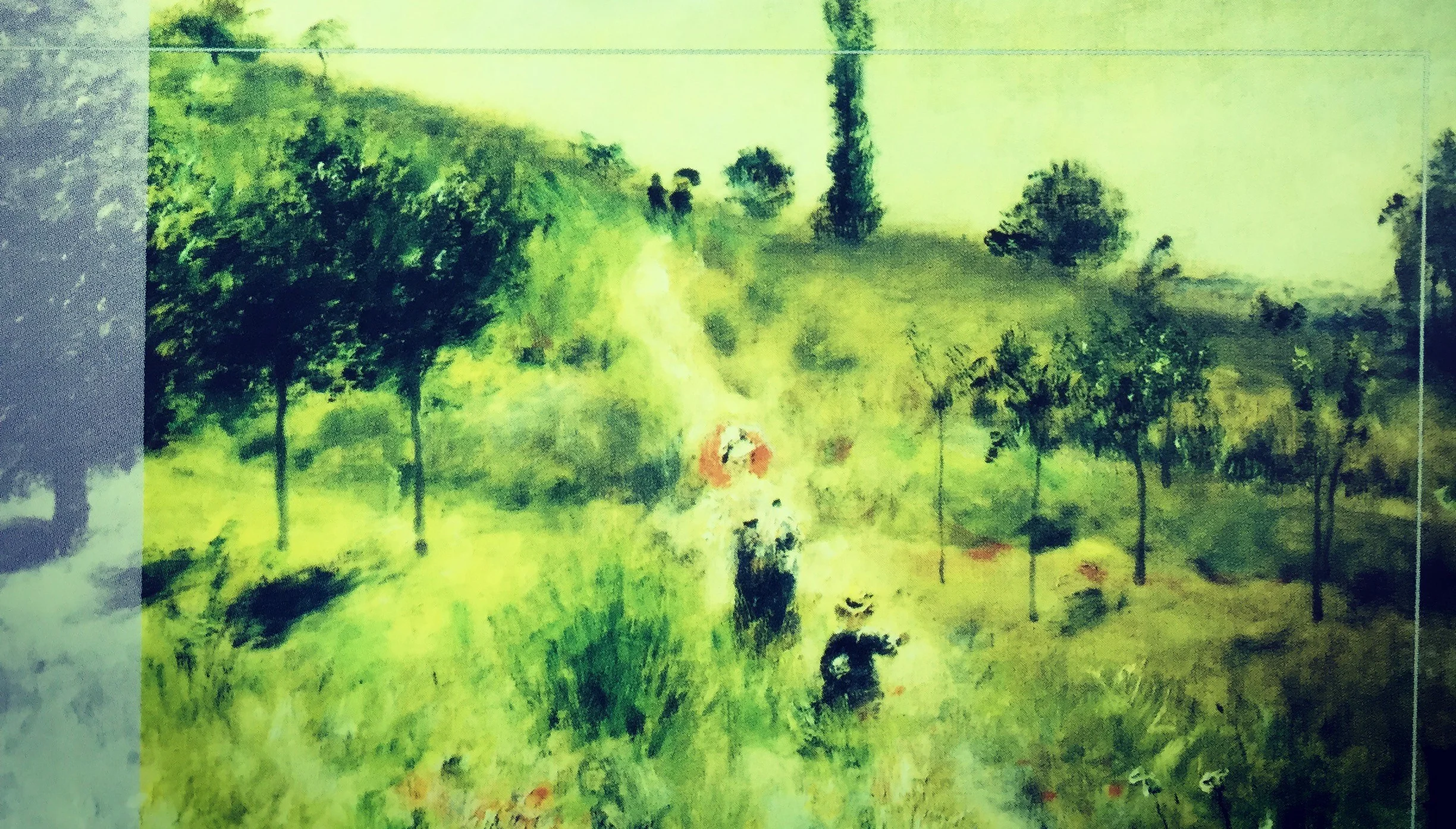A Swim in a Pond in the Rain
George Saunders is sitting by my side. He’s pointing to a character in a Chekhov story. The character can’t stop contradicting himself. He does one thing, says the opposite. George pauses on this contradiction and says, it seems, to me, “A story means, at the highest level, not by what it concludes but by how it proceeds.” I read this line first against Ivan Ivanych, and then I read it against characters I’ve created myself, and the stories I’ve tried to make mean.
“A Swim in a Pond in the Rain” is the product of teaching the Russian short story for 20-some years at Syracuse University. He explains he wanted to share some of those lessons on reading and writing.
Ok. But the book is more than that. Like Whitman’s Leaves of Grass, it is a largesse. (“For every atom belonging to me as good belongs to you”) A gift of insight and an offering of spirit — a friendship qua mentorship that proceeds more like a story than it does a how-to manual.
The general structure, across seven stories by Chekhov, Turgenev, Tolstoy and Gogol, is:
1. Full short story
2. An essay on the story
3. An Afterthought
“Importantly, he’s very funny,” I’d add when explaining the book to friends or family.
Avoiding terms like “plot” and “theme” (on a podcast I heard him say these terms make him constipated), he asks readers to start with a blank mind and treat events as merely “significant action” that narrow the story’s path towards specificity. Even if you don’t know why an event is significant, put them in a shopping cart for later examination. The ‘Things I Couldn’t Help But Notice [TICHBN] Cart’.
What I love about this is that every response is valid. Even stories that are onerous to get through — add your reaction to a TICHBN cart. That defect may be the key to unlocking meaning.
Reading short stories has never really been my jam but all I want to do now is devour Chekhov — a writer Saunders aligns with most. Although one is more zany, more post-apocalyptic, more violent, both are writers with scientific origins (Saunders in engineering, Chekhov in medicine) with a mathematical way of parsing human experience. A passion for building tension that breaks, shocks, delights the heart.





